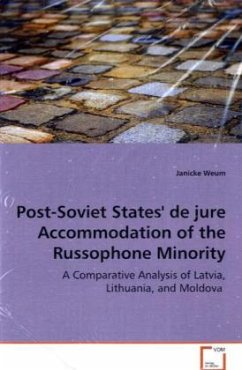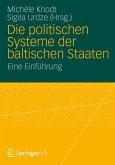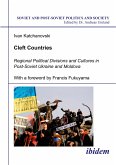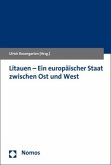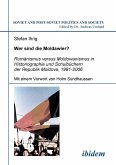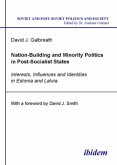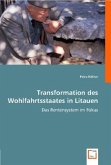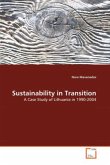The present study explores a selected group of post-Soviet states and their de jure accommodation of theRussian-speaking minority residing on theirterritory. More specifically the study aims tocategorize the titular states of Latvia, Lithuaniaand Moldova in terms of their national legalframework pertaining to minorities along thecontinuum inclusive - moderate - exclusive.Furthermore, the present study analyses to whatdegree external factors such as Russian immigrationin the Soviet period; Russia's near abroad policytowards the successor states; and the Europeanorganisations strategies and mechanisms forpromoting and protecting minority rights haveinfluenced the former Soviet countries' minoritypolicy between 1991 and 2004. The general findingsare that it is the interaction between severalfactors and not the single of effect each factorwhich have had an effect on the titular state's dejure accommodation policy towards the Russian-speaking minority - and particularly theinterrelation between the size of the Russian-speaking minority and the titular state's relationwith Russia on the hand and the EU/NATO on the other.

